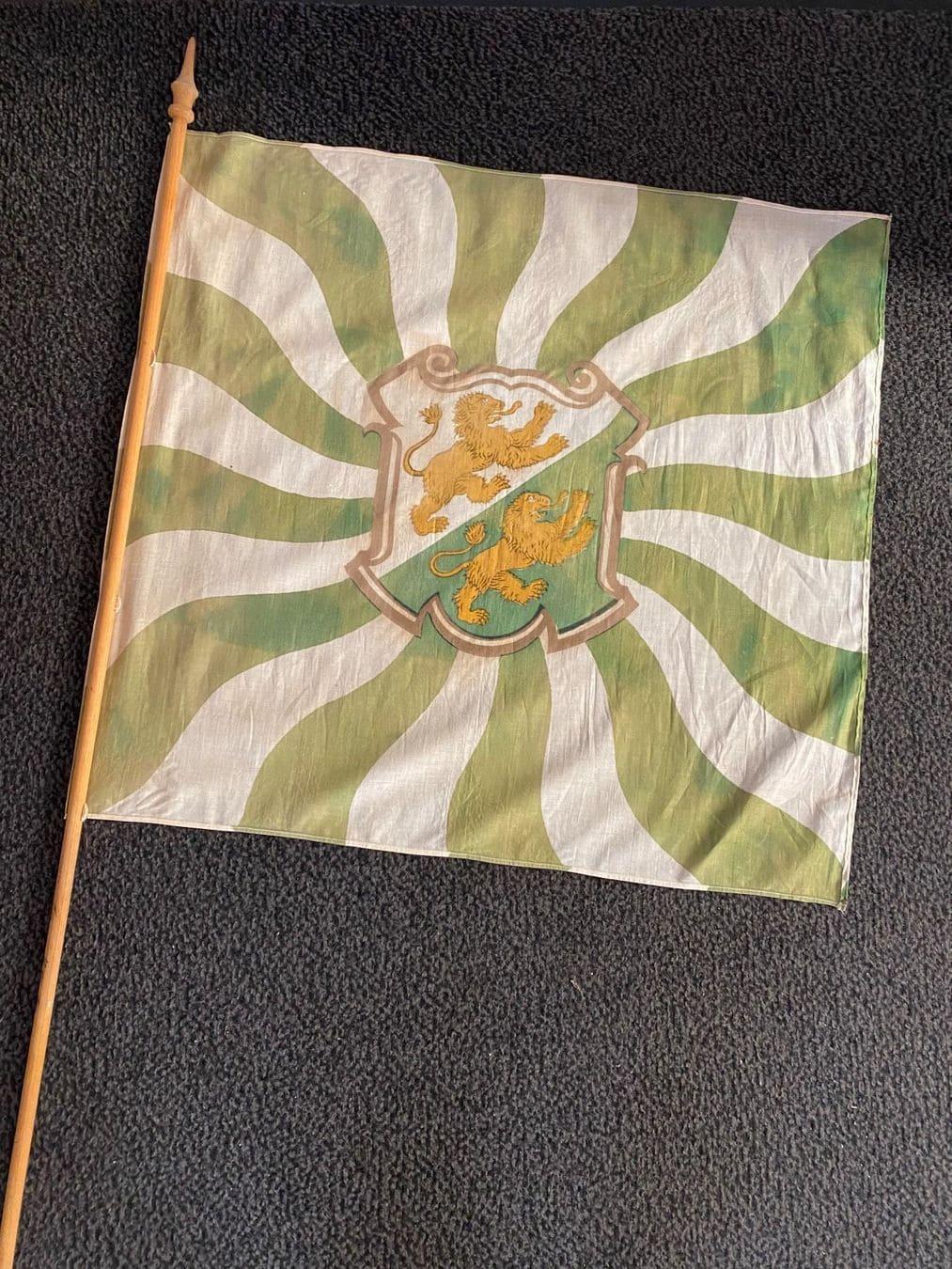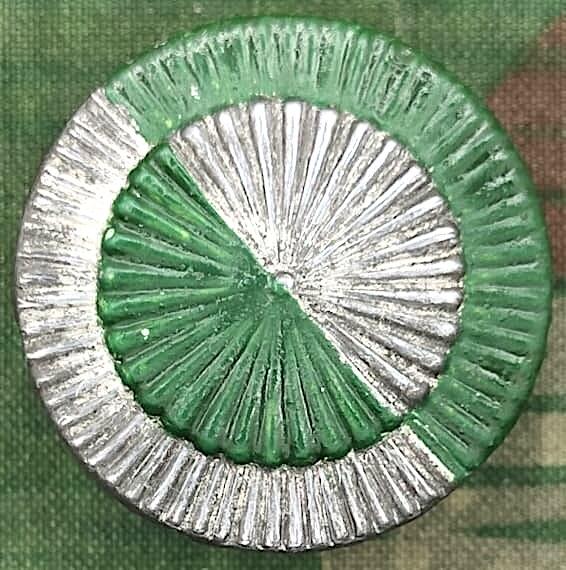 Flagge "Flagge des Kanton Thurgau" bei fahnenversand.de kaufen.
Flagge "Flagge des Kanton Thurgau" bei fahnenversand.de kaufen.
 Flagge "Flagge des Kanton Thurgau" bei fahnenversand.de kaufen.
Flagge "Flagge des Kanton Thurgau" bei fahnenversand.de kaufen.
Last modified: 2025-07-12 by martin karner
Keywords: switzerland | thurgau | lion | bend | german |
Links: FOTW homepage |
search |
disclaimer and copyright |
write us |
mirrors
T.F. Mills, 2 November 1997
T.F. Mills, 2 November 1997
Based on Todd's excellent texts, here's three historic Thurgau flags:
The original Kyburg Counts arms, granted to Thurgau in 1094: sable, a bend between two lions passant bendwise, all or.
António Martins, 20 December 1997
In 1264, Rudolf of Habsburg exchanged black with red.
António Martins, 20 December 1997
The correction proposal, refused in a 1938 referendum.
António Martins, 20 December 1997
![[Colour Flag TG]](../images/c/ch-tg_56.gif) image
by Ole Andersen
image
by Ole Andersen
Simple rectangular cantonal flag, as shown in Kannik (1956) [So-called
colour flag (Farbenfahne in German)].
Ole Andersen, 4 August 2002
See also: STATE COLOURS in Dictionary of Vexillology
Flaggen, Knatterfahnen and Livery Colours |
||
![[Knatterfahnen]](../images/c/ch-tg_kf.gif)
|
||
Flaggen are vertically hoisted from a crossbar in the manner of gonfanon, in ratio of about 2:9, with a swallowtail that indents about 2 units. The chief, or hoist (square part) usually incorporates the design from the coat of arms – not from the flag. The fly part is always divided lengthwise, usually in a bicolour, triband or tricolour pattern (except Schwyz which is monocolour, and Glarus which has four stripes of unequal width). The colours chosen for the fly end are usually the main colours of the coat of arms, but the choice is not always straight forward.
Knatterfahnen are similar to Flaggen, but hoisted from the long side and have no swallow tail. They normally show the national, cantonal or communal flag in their chiefs.
Željko Heimer, 16 July 2000
See also: HANGING FLAG, VERTICALLY HOISTED FLAG, LIVERY COLOURS in Dictionary of Vexillology


 images located by Martin Karner
images located by Martin KarnerAt the beginning of the 20th century, flamed flags were still in use, with the white cross replaced by
a (baroque) shield in the centre of the flag. These decorative flags had been used until WWII and then
somewhat forgotten in preference of the current cantonal flags. [Today they are being
produced again, see image on the right.]
Pascal Gross, 30 June 2002
See also:
logo.jpg) image located by Martin Karner (8 May 2024)
image located by Martin Karner (8 May 2024) image located by Martin Karner
image located by Martin KarnerCockade for the cantonal troops' headgear (regulation from 1898, size: ca. 35 mm, reverse side).
Martin Karner, 14 March 2025
See also: Cockades (Swiss Army)







